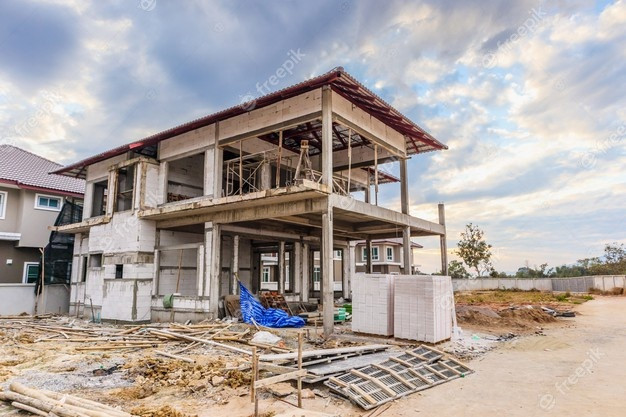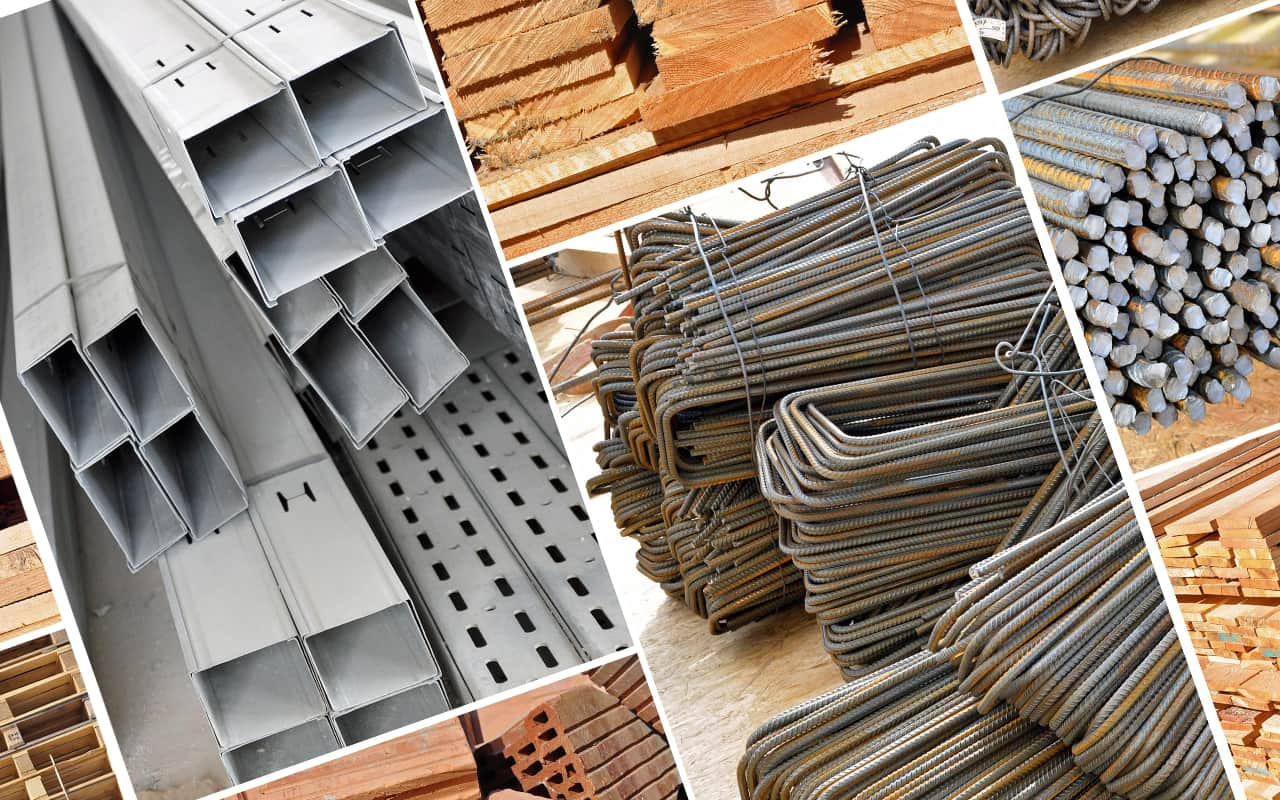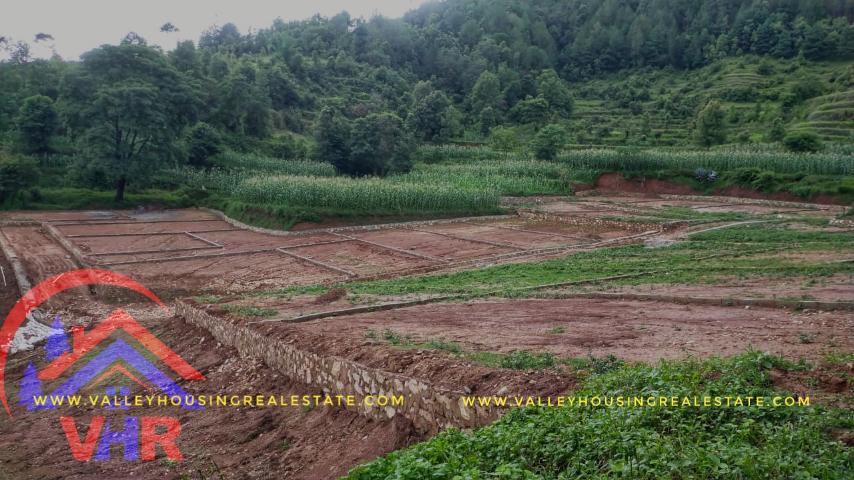Latest News

Things to consider before Building a House
Building a house is a significant undertaking that requires careful planning and consideration. Here are key factors to think about before embarking on the construction of a new home:
Budget Planning:
Determine a realistic budget for your house construction, considering not only the building costs but also permits, fees, landscaping, and potential unforeseen expenses.
Location and Site Selection:
Choose a suitable location that meets your needs and lifestyle. Consider factors like proximity to amenities, schools, work, and public transportation. Assess the site for its topography, drainage, and soil conditions.
Legal and Regulatory Requirements:
Understand and comply with local building codes, zoning regulations, and other legal requirements. Obtain the necessary permits before starting construction to avoid legal complications.
Architectural Design:
Work with an architect or designer to create a detailed and functional floor plan. Consider the orientation of the house, natural light, and the flow of spaces to meet your lifestyle preferences.
Builder Selection:
Research and choose a reputable builder or contractor with experience in the type of house you want to build. Check references, review past projects, and ensure they are licensed and insured.
Construction Timeline:
Develop a realistic construction timeline in consultation with your builder. Factor in potential delays due to weather, permit processing, or unexpected construction issues.
Energy Efficiency and Sustainability:
Incorporate energy-efficient design principles and sustainable building materials to reduce long-term energy costs and minimize environmental impact. Consider features such as solar panels, energy-efficient appliances, and proper insulation.
Future Expansion and Resale Value:
Plan for potential future expansions or modifications. Additionally, consider how your design choices may impact the resale value of the house in the future.
Quality of Materials:
Choose high-quality construction materials that meet local building standards. This includes selecting durable flooring, roofing, insulation, and other elements that contribute to the longevity of the house.
Utilities and Infrastructure:
Plan for adequate utility connections, including water, electricity, gas, and sewage. Ensure that the infrastructure is in place to support your house, and confirm the availability of necessary services.
Interior and Exterior Features:
Consider your preferences for interior and exterior finishes, fixtures, and features. This includes flooring, cabinetry, lighting, landscaping, and any special amenities you desire.
Home Security:
Plan for home security features, such as lighting, surveillance systems, and secure entry points. Consider the safety and security of your family and property during the design phase.
Resilience to Natural Disasters:
Depending on your location, design the house to withstand potential natural disasters such as earthquakes, hurricanes, or floods. Implement building techniques and materials that enhance resilience.
Financing Options:
Explore various financing options, including mortgages, construction loans, and any available government incentives or grants. Understand the terms and conditions of your financing arrangement.
Community and Neighborhood Considerations:
Assess the community and neighborhood dynamics. Consider factors like schools, safety, proximity to shopping centers, and the overall atmosphere of the area.
Taking the time to thoroughly consider these factors before building a house can help ensure a smoother construction process and contribute to the creation of a home that meets your needs, preferences, and long-term goals.

Construction Materials for Building Houses
Jan 01, 2024

How to avoid Water Leakage while building house
Jan 01, 2024

Importance of Vastu while building a House
Jan 01, 2024


Comment